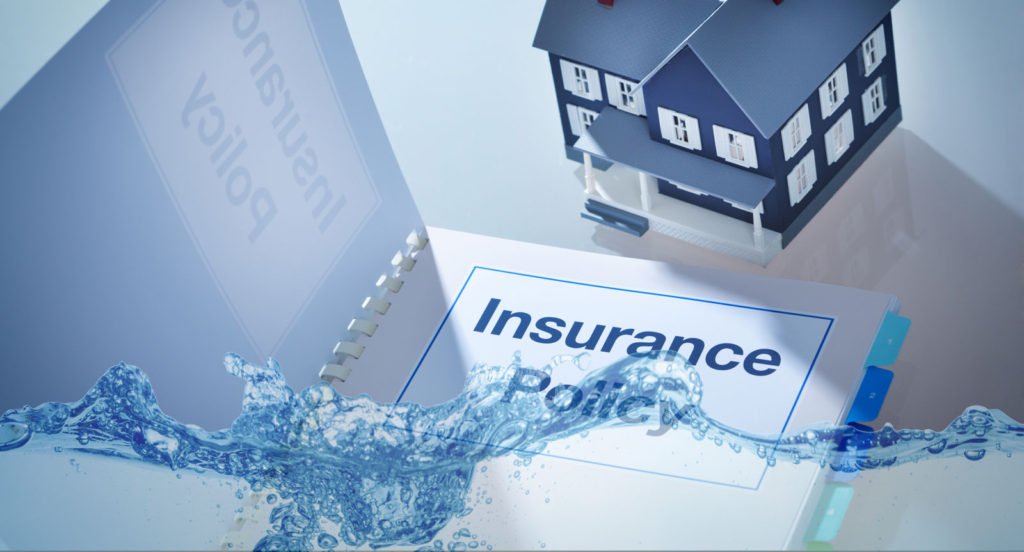Water and Flood Damage Insurance Claim
- Home /
- Water and Flood Damage Insurance Claim

Flooding can cause extensive damage both inside and outside a commercial property, costing millions in structural damage, lost products and inventory, and lost income due to extended closures. Unfortunately, insurers may dispute whether your losses are covered depending on the source of the flooding. Attorney Bill Voss offers steps to take to protect against all types of water damage as well as how to tell which policy will cover the loss.
Commercial insurers are well aware of the damage that water can cause to electrical systems, roofs and basements, and all items contained in a flooded area. As a result, most insurance companies take great care to describe which water-related losses they will and will not cover. In general, the difference between “water damage” and “flood damage” will depend on the source and amount of the water that has affected the insured property.
Water damage is often covered under a commercial businesses owner’s policy (BOP) if it is caused by structural or mechanical failure. While some natural causes may be covered by commercial water damage insurance, most large-scale natural disasters will not.
Causes of water damage compensable by BOPs may include:
The Federal Emergency Management Agency (FEMA) defines a flood as any event that results in “partial or complete inundation of two or more acres of normally dry land area or of two or more properties.” Flooding may be caused by severe weather events, or by gradually rising waters that overflow suddenly. While commercial insurers will typically not cover these losses, a business can protect against losses by buying a separate property damage policy through the National Flood Insurance Program (NFIP).
Flooding may occur from:
If you are having trouble getting the insurance coverage you paid for after a flood, the Tomlinson Law Group can help. Simply fill out the form on this page to get your questions answered by an insurance attorney
We have a strong commitment to our client's success. Trust the #1 Insurance Claim Attorney proudly serving all of Florida.